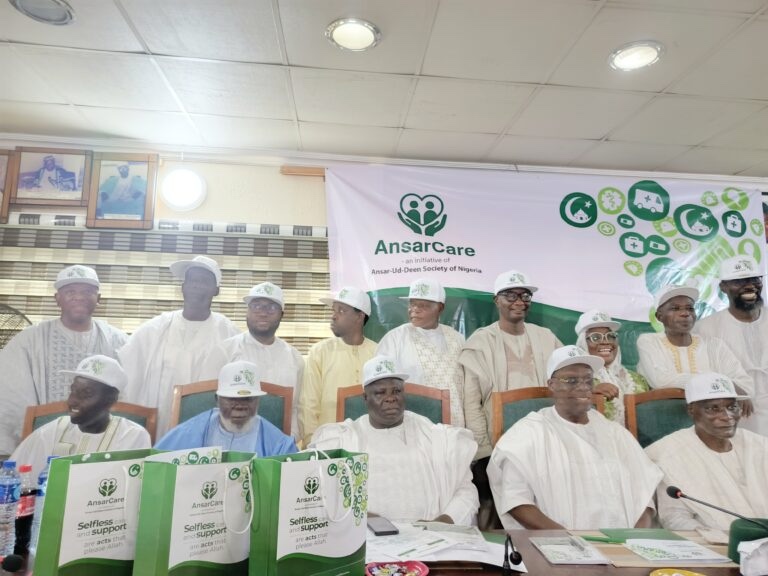Oil-producing communities in the Niger Delta are stepping up efforts to fully leverage the benefits of the Petroleum Industry Act (PIA) to drive rapid and sustainable development across the region.
At a town hall meeting in Ekpan, Uvwie Local Government Area of Delta State, stakeholders from the region gathered on Thursday for the Bridges Project roadshow/town hall series, an awareness and capacity-building initiative of the Foundation for Partnership Initiatives in the Niger Delta (PIND).
The event brought together settler representatives, regulators, civil society groups, and community leaders to deepen understanding and effective implementation of Host Community Development Trusts (HCDTs) created under the PIA.
The 2021 Act mandates that three per cent of oil companies’ operational expenditures be allocated to HCDTs for the development of host communities. But despite the law’s promise, many residents remain unaware of how to register or manage these trusts for maximum impact.
The Bridges Project, operating across Akwa Ibom, Bayelsa, Delta, Rivers, and Ondo states, combines roadshows, town halls, and media outreach to promote transparency, accountability and inclusivity in implementing the PIA.
Advocacy Manager for PIND, Chuks Ofulue, said the PIA opens doors for communities, stressing that awareness is key to unlocking the Act’s full benefits
He noted that with the right knowledge, communities can ensure transparency, demand accountability, and actively shape projects that benefit them.
“By demystifying the Act and the HCDT framework, we are putting knowledge directly in the hands of the people who matter most. This empowers communities to engage constructively, prevent conflict, and ensure that projects truly reflect their priorities,” he added.
Chairman of the Delta State Multi-Stakeholder Platform (MSP), Sylvester Okoh, called on more HCDTs to join the platform to strengthen collaboration under the new development framework for oil-producing communities.
Okoh said the HCDTs are at a point where the General Memorandum of Understanding (GMoU) stopped, stating that because the HCDTs are now backed by law, there are clear directives to ensure better outcomes for our communities.
Chairman, Board of Trustees (BOT) of the Uherevie HCDT and a member of the Bridges Project’s MSP, Pender Agwarive, noted that many residents had long been unaware of the law’s implications.
“For years, our communities heard about the PIA but didn’t really understand how it affects us. What PIND is doing here gives us clarity. Now we know the questions to ask and how to actively participate so our communities truly benefit from this law,” he said.
PIND’s PIA consultant, Rachael Misan-Ruppee, said the outreach across Akwa Ibom, Bayelsa, Delta, Rivers, and Ondo states has significantly improved local understanding of the law.
She expressed confident that communities are now better equipped to implement and manage development projects, saying, “We want to see active and responsible HCDT managers.
National Coordinator of the Centre for Peace and Environmental Justice, Sheriff Mulade, stressed the importance of transparent governance in managing resources allocated through the HCDTs.
According to him, the key to the success of HCDTs is accountability, which he said is the only way to ensure projects truly benefit the communities.
Stella Ejeh, from the Olomoro community in Isoko South Local Government Area, expressed optimism about the initiative’s potential. “In my community, we have seen many uncompleted and abandoned projects, but with platforms like this, we believe we can finally see real change,” she said.






